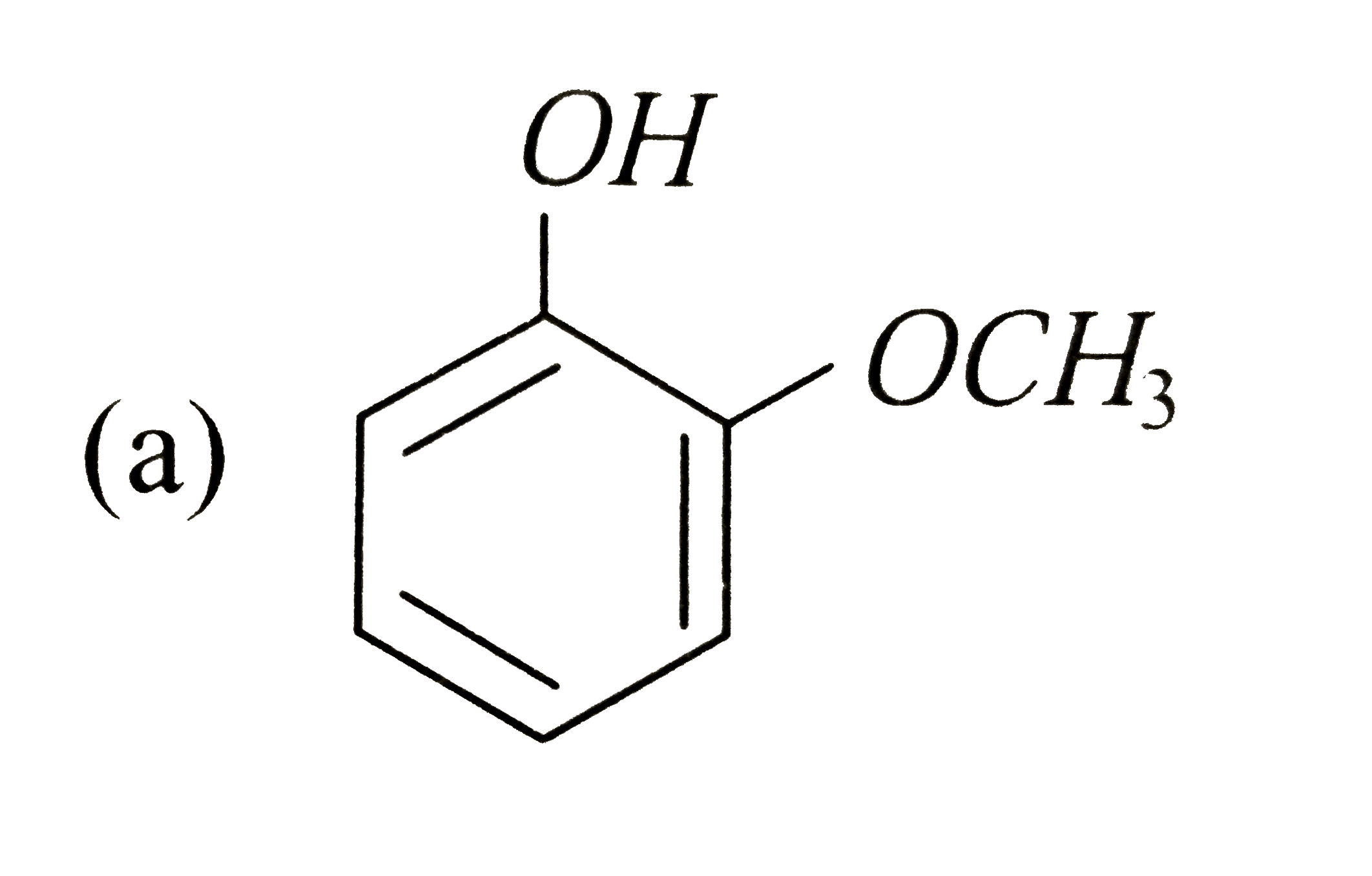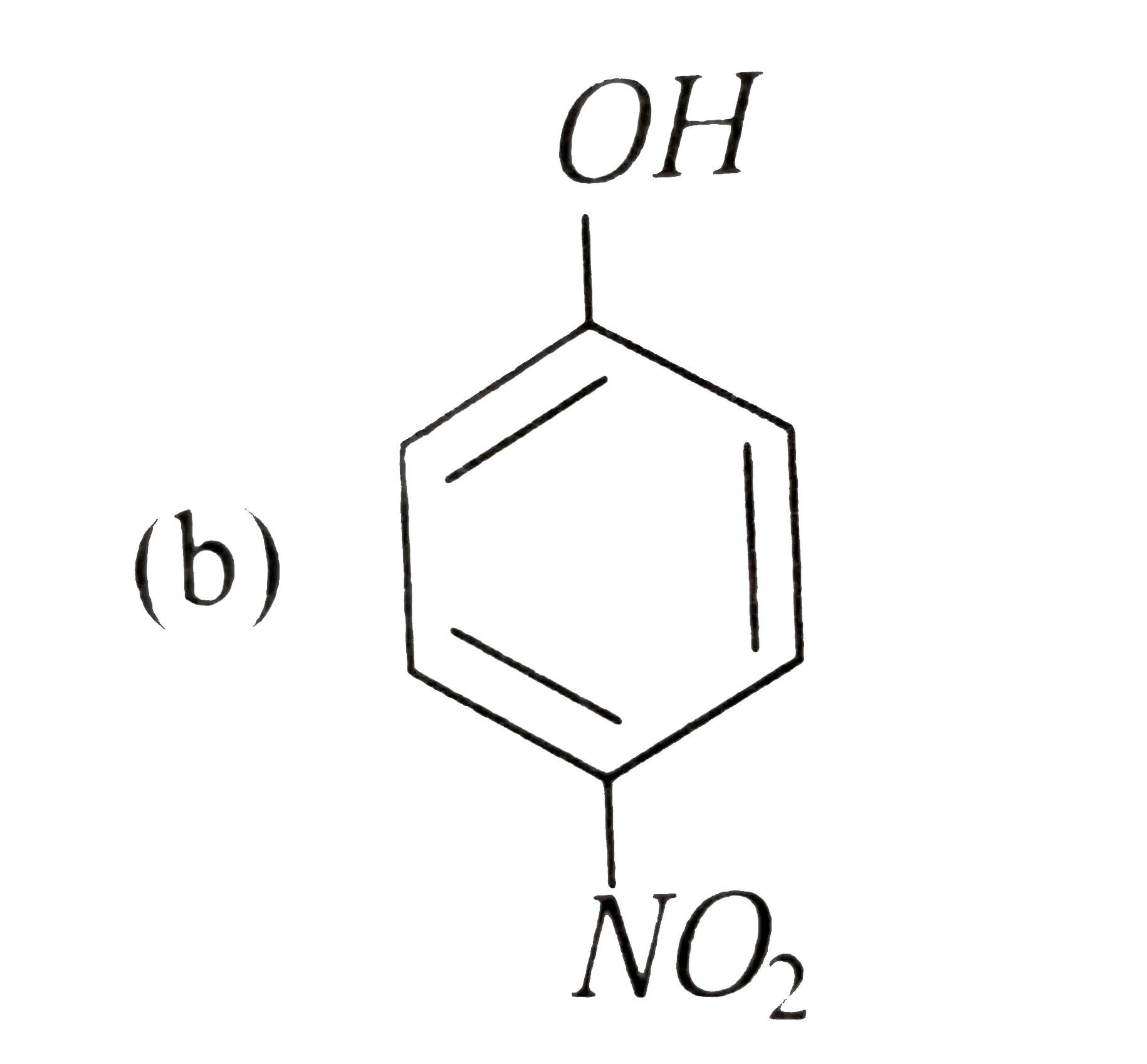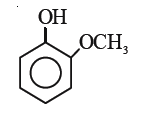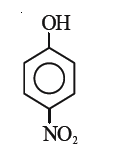2,4-dinitrophenol is less acidic than phenol. true or false?
To determine whether 2,4-dinitrophenol is less acidic than phenol, we need to analyze the acidity of both compounds based on their structures and the stability of their conjugate bases.
Step 1: Understanding Acidity
Acidity is defined by the ability of a compound to donate a proton (H+). The strength of an acid is influenced by the stability of its conjugate base after the proton is lost. The more stable the conjugate base, the stronger the acid.
Hint: Remember that the stability of the conjugate base is key to determining acidity.
Step 2: Analyzing Phenol
Phenol (C6H5OH) can donate a proton to form its conjugate base, phenoxide ion (C6H5O−). The phenoxide ion is resonance-stabilized, meaning that the negative charge can be delocalized over the aromatic ring, which enhances its stability.
Hint: Look for resonance structures that stabilize the conjugate base.
Step 3: Analyzing 2,4-Dinitrophenol
2,4-Dinitrophenol has two nitro groups (−NO2) attached to the benzene ring at the 2 and 4 positions. Nitro groups are electron-withdrawing groups, which can stabilize the negative charge on the conjugate base through resonance. However, they also create strong hydrogen bonds with the hydroxyl group (−OH), which can hinder the release of the proton.
When 2,4-dinitrophenol donates a proton, it forms the 2,4-dinitrophenoxide ion. Although the nitro groups help stabilize the conjugate base, the strong hydrogen bonding between the hydroxyl group and the nitro groups makes it less likely for the compound to donate the proton easily.
Hint: Consider the effects of hydrogen bonding on the acidity of the compound.
Step 4: Comparing Acidity
In comparing the two compounds:
- Phenol is able to donate its proton more readily because it does not have the strong intramolecular hydrogen bonding that 2,4-dinitrophenol has.
- The hydrogen bonding in 2,4-dinitrophenol reduces its ability to release H+, making it less acidic than phenol.
Conclusion
Based on the analysis, we can conclude that 2,4-dinitrophenol is indeed less acidic than phenol.
Final Answer: True, 2,4-dinitrophenol is less acidic than phenol.
---
Acidity is defined by the ability of a compound to donate a proton (H+). The strength of an acid is influenced by the stability of its conjugate base after the proton is lost. The more stable the conjugate base, the stronger the acid.
Phenol (C6H5OH) can donate a proton to form its conjugate base, phenoxide ion (C6H5O−). The phenoxide ion is resonance-stabilized, meaning that the negative charge can be delocalized over the aromatic ring, which enhances its stability.
2,4-Dinitrophenol has two nitro groups (−NO2) attached to the benzene ring at the 2 and 4 positions. Nitro groups are electron-withdrawing groups, which can stabilize the negative charge on the conjugate base through resonance. However, they also create strong hydrogen bonds with the hydroxyl group (−OH), which can hinder the release of the proton.
In comparing the two compounds:
- Phenol is able to donate its proton more readily because it does not have the strong intramolecular hydrogen bonding that 2,4-dinitrophenol has.
- The hydrogen bonding in 2,4-dinitrophenol reduces its ability to release H+, making it less acidic than phenol.
Based on the analysis, we can conclude that 2,4-dinitrophenol is indeed less acidic than phenol.
Topper's Solved these Questions
- BOOK - MODERN PUBLICATIONCHAPTER - ALCOHOLS, PHENOLS AND ETHERSEXERCISE - QUICE MEMORY TEST (accelerate your potential for objective questions ) B (Complete the missing lins)13videos
ALCOHOLS, PHENOLS AND ETHERS
- BOOK - MODERN PUBLICATIONCHAPTER - ALCOHOLS, PHENOLS AND ETHERSEXERCISE - QUICE MEMORY TEST (accelerate your potential for objective questions ) C (Choose the correct alternative).12videos
ALCOHOLS, PHENOLS AND ETHERS
- BOOK - MODERN PUBLICATIONCHAPTER - ALCOHOLS, PHENOLS AND ETHERSEXERCISE - NCERT (EXAMPLAR PROBLEMS) (Assertion and Reason Type Questions )10videos
ALCOHOLS, PHENOLS AND ETHERS
- BOOK - MODERN PUBLICATIONCHAPTER - ALDEHYDES ,KETONES AND CARBOXYLIC ACIDSEXERCISE - UNIT PRACTICE TEST13videos
ALDEHYDES ,KETONES AND CARBOXYLIC ACIDS
Similar Questions
Knowledge Check
- Question 1 - Select One
Phenol is more acidic than
A B
B CC2H2DBoth (a) and (c)
CC2H2DBoth (a) and (c) - Question 2 - Select One
Phenol is more acidic than :
AC2H5OHBCH3COOHC D
D
- Question 3 - Select One
Phenol is more acidic than ethanol due to
AInductive effectBResonance effectCHybridisationDH-bonding

